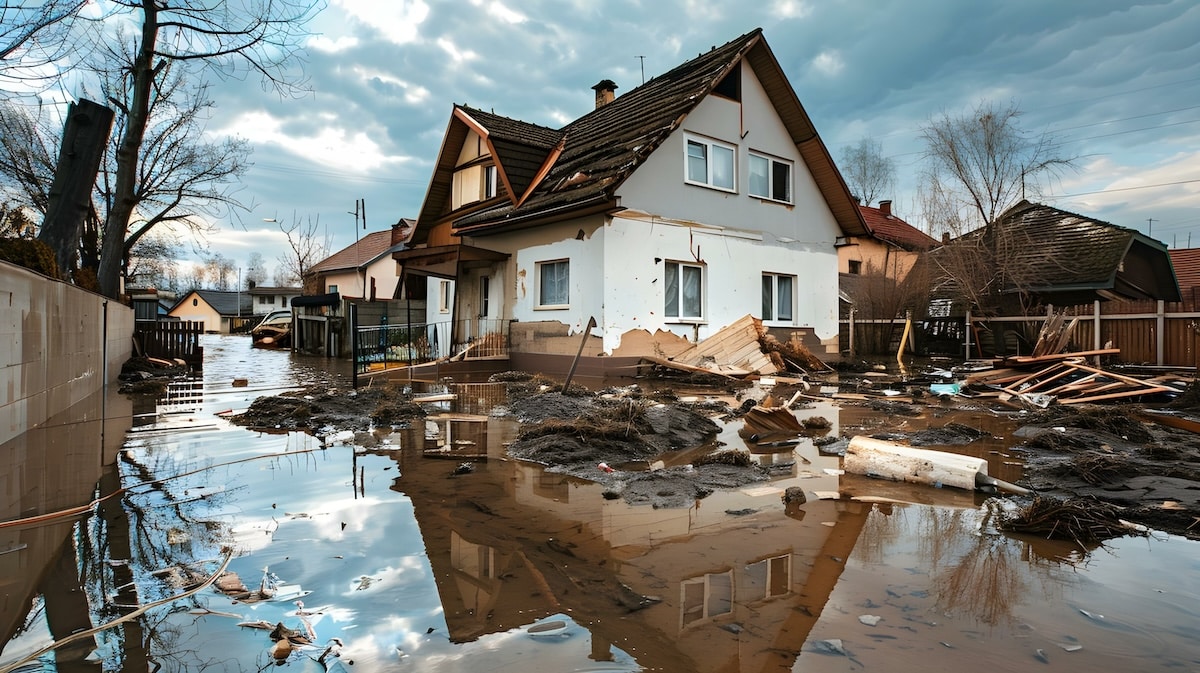
In a strategic move to address escalating geopolitical tensions, the Foreign minister to attend ASEAN-hosted meetings in Laos with eyes on North Korean threats. These meetings, which bring together Southeast Asian nations, offer a crucial platform for discussing regional security, economic cooperation, and the increasingly unpredictable behavior of North Korea.
The ASEAN Context
The Association of Southeast Asian Nations (ASEAN) has long been a linchpin of regional diplomacy in Southeast Asia. Founded in 1967, ASEAN aims to promote political and economic cooperation and regional stability. The upcoming meetings in Laos are particularly significant as they come at a time when North Korea’s missile tests and nuclear ambitions have raised alarm not only in the immediate vicinity but across the globe.
ASEAN-hosted meetings provide a rare opportunity for member states and their dialogue partners to engage in high-level discussions. These forums are instrumental in forging consensus on critical issues and fostering collective security measures. The Foreign minister to attend ASEAN-hosted meetings in Laos with eyes on North Korean threats underscores the gravity of the situation and the urgent need for a coordinated response.
North Korean Provocations
North Korea’s recent activities have reignited fears of a potential conflict in the region. The regime’s relentless pursuit of nuclear capabilities, coupled with its provocative missile launches, has created a volatile environment. These actions not only threaten the immediate neighbors but also pose a significant risk to global security. The international community’s response has been a mix of diplomatic overtures and stringent sanctions, yet the effectiveness of these measures remains a topic of intense debate.
The foreign minister’s participation in the ASEAN meetings highlights the necessity of addressing these threats through multilateral dialogue. By engaging with ASEAN counterparts, the foreign minister aims to galvanize regional support and devise strategies that can effectively mitigate the North Korean menace.
Diplomatic Objectives
The primary objective of the foreign minister’s attendance is to consolidate a unified regional stance against North Korea’s belligerence. This involves not only discussing the immediate threats posed by Pyongyang’s military activities but also addressing the underlying issues that perpetuate the regime’s defiance. Economic isolation, human rights violations, and the internal dynamics of the North Korean state will likely be on the agenda.
Moreover, the meetings provide an opportunity to reinforce alliances and partnerships within ASEAN. Strengthening these ties is crucial for presenting a formidable front against any potential aggression. The foreign minister’s dialogue with ASEAN leaders is expected to focus on enhancing defense cooperation, intelligence sharing, and coordinated diplomatic efforts to pressure North Korea into compliance with international norms.
Economic and Security Implications
Beyond the immediate security concerns, North Korea’s actions have far-reaching economic implications. The region’s stability is paramount for the continued growth and prosperity of Southeast Asian economies. Disruptions caused by military conflicts or heightened tensions can have severe consequences for trade, investment, and overall economic development.
The foreign minister’s engagement at the ASEAN meetings aims to highlight these economic stakes. By drawing attention to the potential costs of regional instability, the foreign minister seeks to build a compelling case for collective action. Ensuring the security of critical maritime routes, safeguarding economic interests, and promoting sustainable development are integral to this agenda.
Regional Collaboration and Collective Security
The ASEAN meetings in Laos are an opportune moment to reinforce the principles of collective security. The foreign minister will advocate for a collaborative approach that leverages the strengths and capabilities of ASEAN member states. This includes enhancing military interoperability, conducting joint exercises, and developing contingency plans to respond to potential threats.
Furthermore, the foreign minister’s discussions will likely explore avenues for involving other key players in the region. Countries such as Japan, South Korea, and Australia have a vested interest in regional stability and can contribute significantly to collective security efforts. The foreign minister’s participation underscores the importance of building a broad coalition that transcends regional boundaries.
Humanitarian Concerns
While security and economic issues dominate the agenda, the humanitarian aspect of the North Korean crisis cannot be overlooked. The regime’s oppressive policies have led to widespread suffering among its population. Addressing these humanitarian concerns is a moral imperative and a strategic necessity.
The foreign minister’s discussions at the ASEAN meetings will likely touch upon ways to provide humanitarian aid to the North Korean people while circumventing the regime’s restrictive measures. Engaging with international organizations and leveraging ASEAN’s diplomatic channels can facilitate the delivery of much-needed assistance.
Conclusion
The decision for the Foreign minister to attend ASEAN-hosted meetings in Laos with eyes on North Korean threats reflects the critical importance of addressing the multifaceted challenges posed by North Korea. These meetings are a testament to the power of diplomacy and regional cooperation in navigating complex security landscapes.
By fostering dialogue, building alliances, and advocating for a collective response, the foreign minister aims to contribute to a more secure and stable Southeast Asia. The outcomes of these discussions will not only shape the region’s approach to North Korea but also reinforce the principles of unity and collaboration that underpin ASEAN’s mission. As the world watches closely, the foreign minister’s participation in the ASEAN-hosted meetings represents a beacon of hope for a coordinated and effective response to one of the most pressing security challenges of our time.







